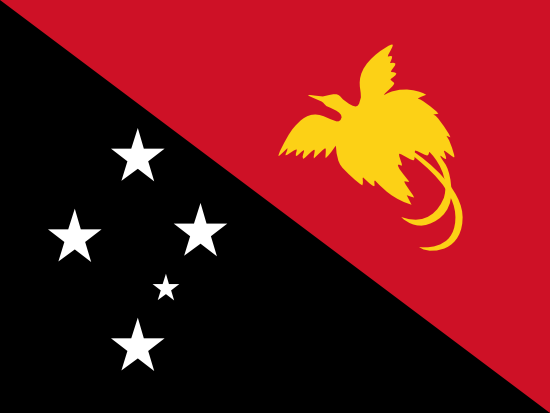
Health Insurance in Papua New Guinea, Oceania
Information expatriation
Capital City: Port Moresby
Total area: 462,840 km2
Population: 6,331,000
Money: Currency Converter
Time Zone: List of time zones by country
Calling Code: +675 XXX
Practical Information:
Health Product: Travel Insurance and Health insurance
Health Insurance information and Sanitary Risk: World Health Map
BLOG: Expat Health insurance Information
Here is a brief description of the healthcare system in the country:
· PNG has a dual public-private healthcare system aimed at providing universal access.
· The underfunded public system includes aid posts, health centers, and district hospitals run by the state. It focuses on underserved rural/remote areas.
· Private hospitals, clinics, and medical practitioners supplement public services, dominant in major cities.
· Infrastructure/resources are significantly limited outside cities. Urban/rural disparities in quality are vast.
· Communicable diseases are a major issue due to poor sanitation/hygiene in many areas.
· Non-communicable diseases associated with lifestyle changes are rising problems.
· Only 2.5% of rural residents have access to basic care, 6.4% for essential surgery.
· Critical shortages of facilities, equipment, medication, and specialists country-wide.
· In summary, PNG's system struggles with funding/resource constraints and vast urban/rural inequalities. Reliance on private options and medical tourism is common. Advanced planning and insurance are essential for expats due to severe limitations and health risks. Major improvements are still needed to achieve universal coverage goals.
Here are some key health considerations for expatriates living in the country:
· Purchase comprehensive international medical evacuation insurance before arrival given limited in-country services.
· Major cities like Port Moresby have better but still modest facilities - know your closest options.
· Rural/remote clinics may have only basic diagnostic/first aid capabilities. Carry ample supplies.
· Risks for communicable diseases like malaria, dengue are significant - strictly follow prevention protocols.
· Bring needed prescription medications as availability outside cities is uncertain.
· Mental healthcare has minimal presence compared to physical health needs.
· Evacuation/treatment costs may be very high if located far from quality care.
· Road/transport infrastructure in remote regions limits access in emergencies.
· Register with your embassy and have contingency medical evacuation plans in place.
· With proper insurance, health precautions and remote area preparations, expats can access limited care options. But major limitations and health threats are present due to the environment and infrastructural barriers. Advanced planning is critical.
